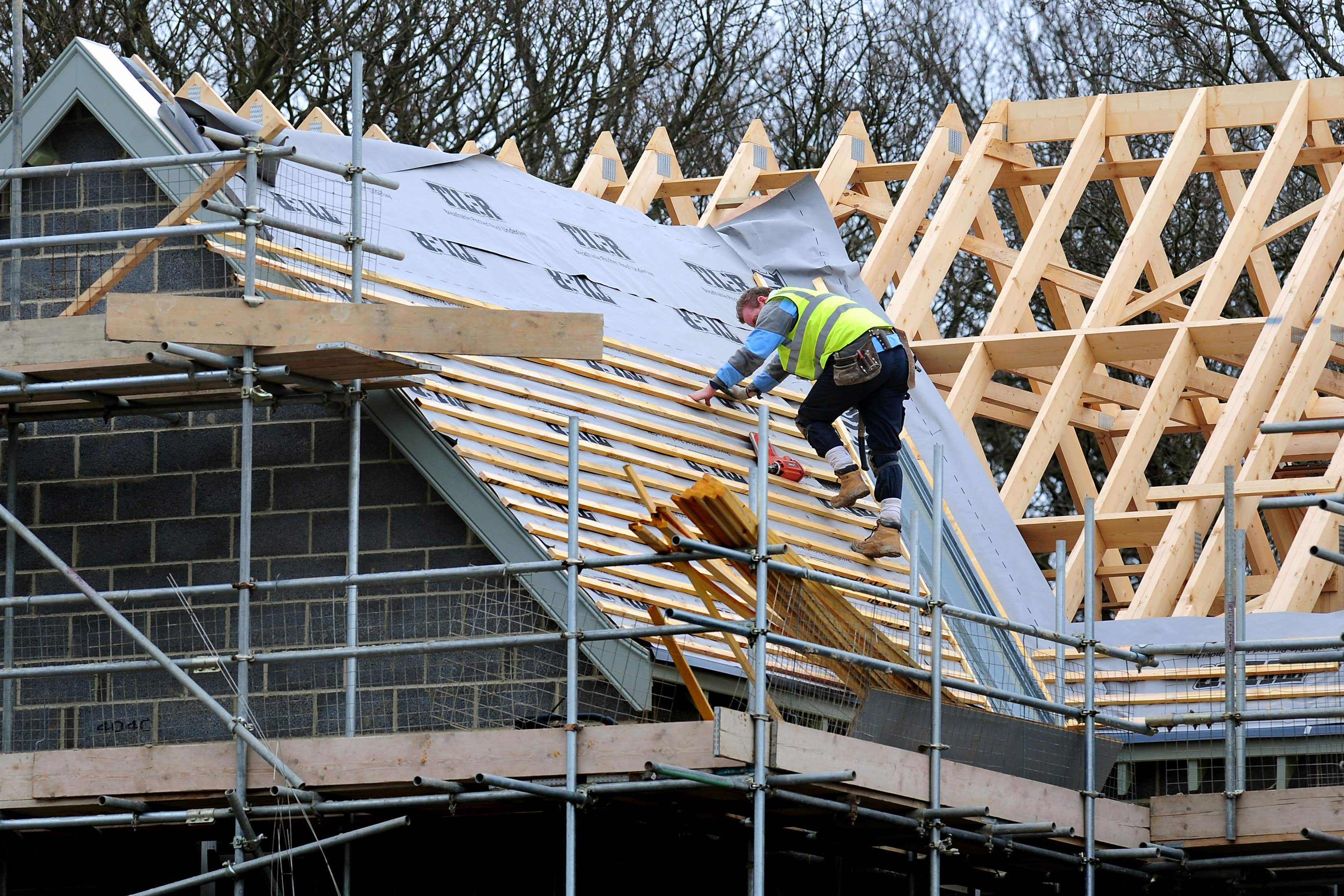Builders want the return of Help to Buy – but Britain needs more homes first
Pushing mortgages will simply reheat a market that has stretched affordabillty to breaking point, says James Moore


The first-time buyer needs help! So says Crest Nicholson alongside its first-half results, which showed a 22 per cent decline in revenues and a near 60 per cent fall in operating profits – the hangover from Britain’s disastrous flirtation with Trussonomics.
Meanwhile, the future is decidedly foggy; while Crest tried to sound sanguine, reiterating its confidence in hitting full-year forecasts, the market is worried and its shares took a knock. Crest’s statement came on the same day that the Royal Institution of Chartered Surveyors (RICS) went so far as to warn of “storm clouds” ahead for the housing market.
So should the government step in? Not with the type of help Crest Nicholson is advocating.
Here’s what Crest chief executive Peter Truscott said: “The economic case for buying a home... remains compelling, but for many first-time buyers the higher cost of borrowing and the cessation of Help to Buy are prohibitive to realising this ambition.
“If interest rates continue to rise, and remain elevated for a sustained period of time, this will undoubtedly exacerbate this issue even further and start to impact demand and confidence again. We continue to call on government to recognise this challenge and provide further support to these potential homeowners.”
Rishi Sunak is reportedly listening and is considering rebooting the Help to Buy scheme, possibly through chancellor Jeremy Hunt’s autumn statement, which could be the last before a general election.
Those without help from the Bank of Mum & Dad – one of Britain’s biggest lenders – face a real problem saving for a deposit with prices as high as they are. Putting aside any money at all is tough for the young, given the financial pressures they face.
Various iterations of Help to Buy have all aimed to address the issue by providing some form of government backing for 95 per cent mortgages, making them more affordable. Sounds great, except that we all know the result, highlighted by Shelter back in 2015 after George Osborne launched the first version: “The fundamental problem with Help to Buy is that it tries to solve the problem of unaffordable house prices by making it easier for potential buyers to access a mortgage. As the amount of mortgages issued are a key driver of house prices, the schemes push up prices further.”
This tells you why Crest Nicholson is so keen. Higher prices mean more profits for developers. Their earnings boomed when Help to Buy schemes were operating. But the higher prices that were the result (ultimately) created more difficulties for buyers.
House prices are simply too high. They have catalysed the rapid growth in 35-year mortgages, which make monthly repayments more affordable but greatly increase the overall cost of a home and could see people paying into their retirements.
The market is currently falling. Lender Halifax this week reported the first annual decline in prices in more than a decade. The RICS reported what it called some “positive trends” in its monthly market survey but its chief economist, Tarrant Parsons, doesn’t think they will last: “Storm clouds are gathered, with the UK’s stubbornly high inflation likely undermining the recent improvement in activity by prompting the Bank of England to take further action through interest rate rises, leading to higher mortgage rates and ultimately reducing affordability and buyer demand.”
The market is overdue a correction. It absolutely doesn’t need another Help to Buy sugar rush, with the short-term gain for first-timers offset by long-term pain as they grapple with the dead weight of high repayments on their income streams.
We’ve been discussing the owner-occupier segment here but a shortage of supply also dogs the private rental and social housing spheres too. Rents in the former are currently soaring because of shortages there.
The sort of scheme Crest Nicholson is calling for is a mirage, a way for Sunak and Hunt to look as if they’re helping while doing nothing to ease the core problem. Crest has been (sensibly) building up its landbank. Developers need to be pushed to use them. Blockages in the planning process need addressing. Abandoned targets need to be reset.
It is the supply shortage that is in need of help. How many times do we have to repeat that?






Join our commenting forum
Join thought-provoking conversations, follow other Independent readers and see their replies
4Comments